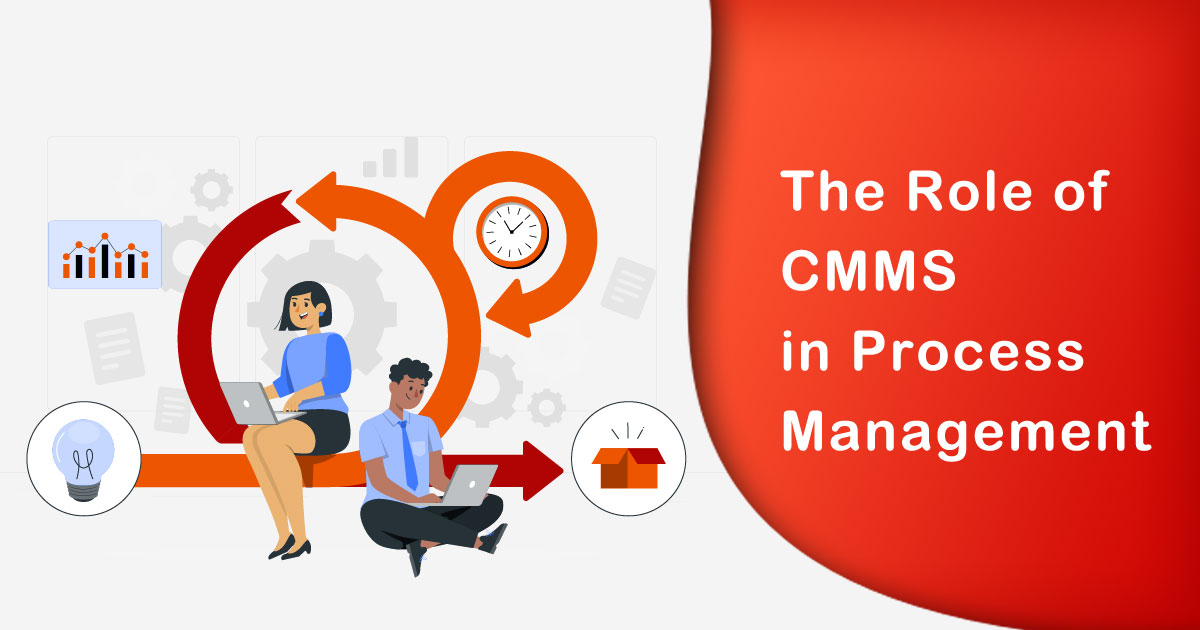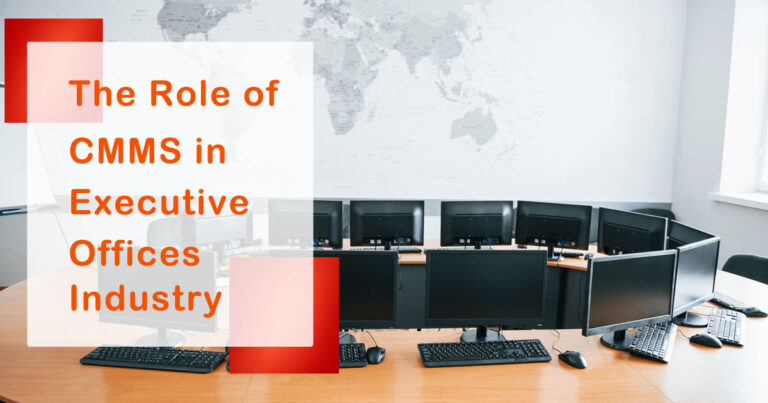Introduction
In today’s fast-paced and highly competitive business landscape, effective process management is crucial for organizations to achieve operational excellence and stay ahead of the curve. To streamline processes and maximize efficiency, many businesses are turning to Computerized Maintenance Management Systems (CMMS). In this article, we will delve into the role of CMMS in process management and explore why it is essential for businesses in an Indian context.
What is CMMS?
Computerized Maintenance Management System (CMMS) is a powerful software tool designed to streamline and automate maintenance operations. It serves as a centralized hub for managing and tracking assets, work orders, preventive maintenance tasks, inventory, and more. By digitizing and integrating maintenance processes, CMMS empowers organizations to improve productivity, reduce downtime, and enhance asset performance.
The Impact of CMMS on Process Management
1 Enhanced Asset Visibility and Tracking
CMMS provides businesses with real-time visibility into their assets, allowing them to track and monitor equipment performance, maintenance history, and utilization patterns. This visibility enables proactive decision-making, as organizations can identify potential bottlenecks, allocate resources efficiently, and plan preventive maintenance schedules. With improved asset tracking, businesses can optimize processes and minimize disruptions, leading to enhanced productivity.
2 Streamlined Work Order Management
Efficient work order management is critical for effective process management. CMMS enables organizations to automate work order creation, assignment, and tracking. Through a centralized system, supervisors can assign tasks to technicians, monitor progress, and receive notifications on completed work. By streamlining work order management, CMMS minimizes delays, reduces paperwork, and improves communication, leading to faster and more effective resolution of maintenance issues.
3 Preventive Maintenance Planning
CMMS plays a pivotal role in implementing preventive maintenance strategies. By setting up maintenance schedules, organizations can proactively address potential equipment failures and breakdowns. CMMS can send automated reminders for routine inspections, lubrication, calibration, and other preventive maintenance tasks. This proactive approach reduces unplanned downtime, extends asset lifespan, and ensures uninterrupted process flow.
4 Inventory Management and Cost Control
Efficient inventory management is crucial for smooth process operations. CMMS allows businesses to track spare parts, manage stock levels, and automate procurement processes. By monitoring inventory in real-time, organizations can avoid stockouts and optimize their purchasing decisions. CMMS also enables tracking of maintenance costs, providing valuable insights into expenditure patterns and facilitating budget planning.
The Indian Context
In the Indian business landscape, CMMS adoption is gaining momentum across various industries. The implementation of CMMS software in sectors such as manufacturing, healthcare, hospitality, and infrastructure is helping organizations overcome operational challenges and enhance competitiveness.
India’s diverse and rapidly growing industrial sector often faces resource constraints and complex regulatory requirements. CMMS assists in streamlining processes, ensuring compliance, and reducing the reliance on manual maintenance systems. Furthermore, it empowers businesses to transition from reactive to proactive maintenance practices, optimizing asset utilization and minimizing operational costs.
Conclusion
In conclusion, CMMS is a game-changer for process management in the Indian business context. By harnessing the power of CMMS, organizations can enhance asset visibility, streamline work order management, implement preventive maintenance, and optimize inventory control. The result is improved productivity, reduced downtime, and increased cost-efficiency.
As technology continues to advance, CMMS will play an increasingly vital role in helping businesses stay competitive in today’s dynamic marketplace. Embracing CMMS as an integral part of process management can pave the way for enhanced operational efficiency and long-term success.
So, if you aim to streamline your organization’s processes, boost productivity, and gain a competitive edge, it’s time to explore the potential of CMMS. Embrace this transformative technology and propel your business towards excellence.








